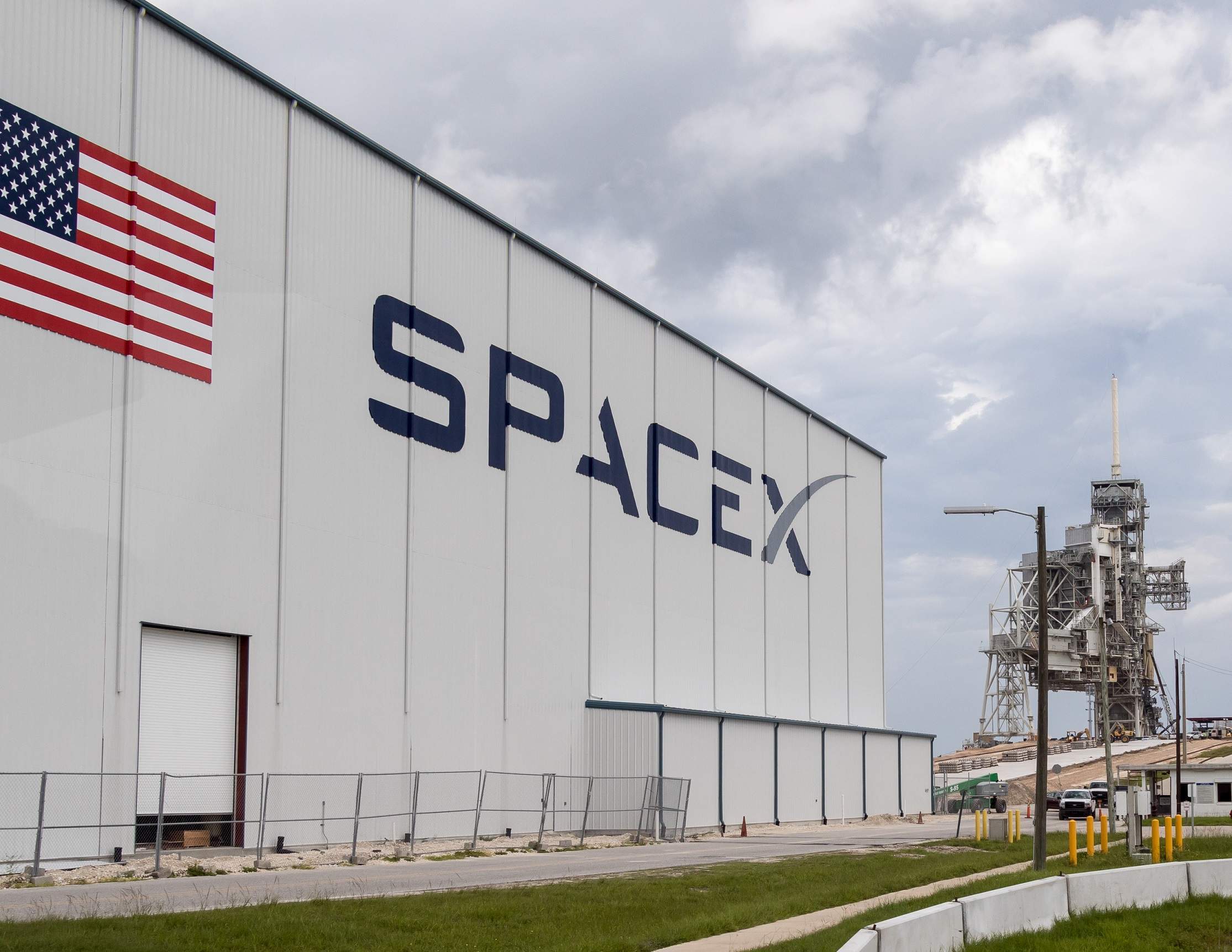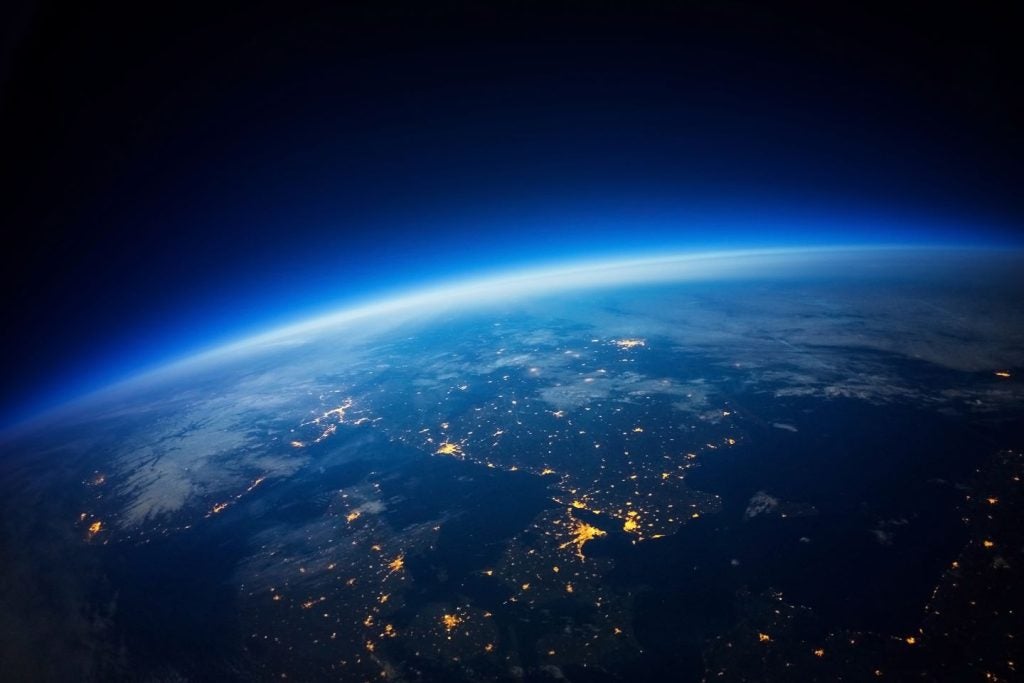
Tesla and SpaceX chief executive Elon Musk is getting ready to send his own Tesla Roadster into space today with the launch of SpaceX’s Falcon Heavy rocket.
Whilst it may be a marketing gimmick, if the launch is successful it will make the Falcon Heavy the world’s most powerful rocket in operation.
Musk is hoping the car will travel around the Sun in endless ellipses, and it could reach as far out as Mars.
This is the first time a Falcon Heavy will be sent into space, after previous tests using its slightly smaller counterpart, the Falcon 9.
Musk says the Heavy will costs $90m to launch and can carry over 63,000kg into low Earth orbit. This is a step up from the 9, which costs $62m to launch, and can carry 22,000kg into a low orbit.
What was said:
The BBC reported Musk told journalists at a briefing:
How well do you really know your competitors?
Access the most comprehensive Company Profiles on the market, powered by GlobalData. Save hours of research. Gain competitive edge.

Thank you!
Your download email will arrive shortly
Not ready to buy yet? Download a free sample
We are confident about the unique quality of our Company Profiles. However, we want you to make the most beneficial decision for your business, so we offer a free sample that you can download by submitting the below form
By GlobalData“[The roadster] will get about 400m km away from Earth and it’ll be doing 11km/s. We estimate it will be in the orbit for several hundred million years, maybe in excess of a billion years.”
Three cameras attached to the car will provide “epic views”.
“I’ll consider it a win if it just clears the pad and doesn’t blow the pad to smithereens. That’s 4m pounds of TNT equivalent. There’s probably not going to be much left if that thing lets loose,” he added.
Why it matters:
The Heavy price tag at $90m may sound like a lot but it’s relative cheap in terms of space travel.
If the rocket is successful in today’s launch, it could pave the way for agencies like Nasa to use Musk’s creation to send satellites or even astronauts into space.
According to Space.com the NASA shuttle programme cost $209bn from 1972 to 2011 (when it concluded) this works out at $1.7bn per flight (there were 136 in total). This figure does not, however, include non-recurring research and development costs.
As well, Nasa’s new rocket is in development, the Space Launch System. Some estimates say it could cost $1bn per flight, whilst other analysts predict it could cost up to $2.5bn per launch. This makes the Falcon Heavy cost very attractive.
Jeff Bezos, Amazon founder and head of another private space company – Blue Origin – tweeted Musk to say “best of luck” ahead of today’s launch.
Best of luck @SpaceX with the Falcon Heavy launch tomorrow – hoping for a beautiful, nominal flight! @BlueOrigin #GradatimFerociter
— Jeff Bezos (@JeffBezos) February 5, 2018
The two billionaires have regularly feuded over the strength of their own rockets. However, the success of the Falcon Heavy could have implications for the next developments of Blue Origin.
Background:
The Falcon Heavy launch is the next stage in Musk’s grand master plan to colonise Mars.
SpaceX is planning to send its first cargo mission to the red planet in 2022, to confirm water resources and identify potential hazards.
The payload, the part of the rocket which will hold passengers and cargo, needs to be particularly strong, which is why today’s Heavy launch is so important.
Ultimately, Musk wants to build a self-sustaining civilisation on Mars.






